Search
Search Results
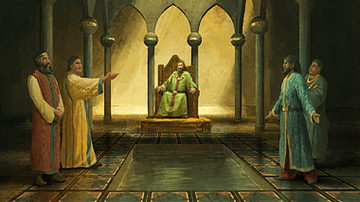
Definition
Carthaginian Government
The government of Carthage was based on a system of elected officials accountable to a popular assembly. Unlike its founding city, Tyre in Phoenicia, Carthage did not have a monarchy but its politics was dominated by an aristocratic elite...

Definition
Roman Constitution
Roman constitution was an accumulation of laws, legal decisions, and ancient customs. While today 'constitution' usually refers to a single act of legislation, this was not the case in ancient Rome. Instead, Roman government relied on the...
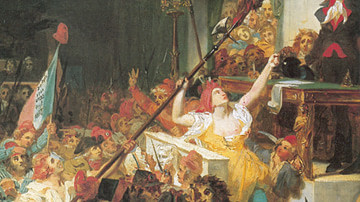
Definition
Thermidorian Reaction
The Thermidorian Reaction refers to the period of the French Revolution (1789-1799) between the fall of Maximilien Robespierre on 27-28 July 1794 and the establishment of the French Directory on 2 November 1795. The Thermidorians abandoned...
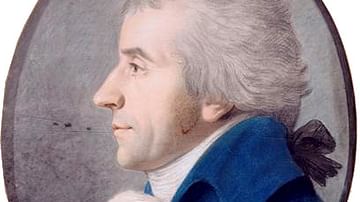
Definition
Jacques-Pierre Brissot
Jacques-Pierre Brissot de Warville (1754-1793) was a French journalist, abolitionist, and politician who played a prominent role in the French Revolution (1789-1799). A leader of the Girondins, a moderate political faction, Brissot was instrumental...
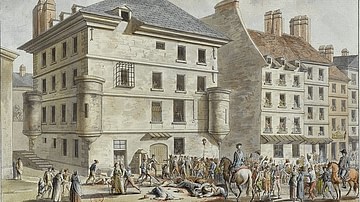
Definition
September Massacres
The September Massacres refers to a series of mass killings that took place in the prisons of Paris between 2 and 7 September 1792, during the French Revolution (1789-99). Sometimes known as the first Terror, the massacres saw between 1,100...
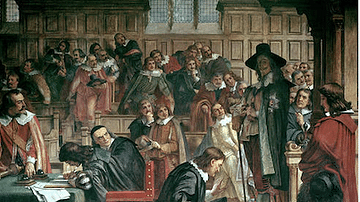
Definition
Grand Remonstrance
The Grand Remonstrance of 1641 was a list of grievances issued by Parliament against King Charles I of England (r. 1625-1649). It recorded what Parliament saw as the monarch's abuse of power, his illegal raising of taxes outside Parliament...
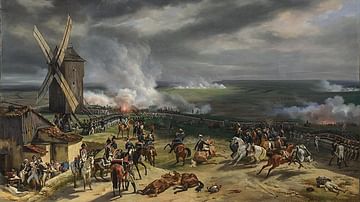
Definition
Battle of Valmy
The Battle of Valmy was a stunning French victory over a Prussian-led coalition army on 20 September 1792, during the French Revolutionary Wars (1792-1802). Although the battle was little more than a skirmish, it halted the coalition's invasion...
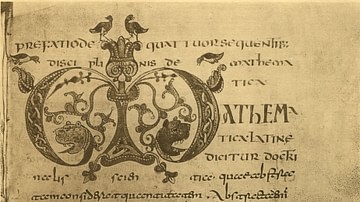
Definition
Etymologiae
The Etymologiae (Etymologies) is a Latin work by Isidore of Seville (l. c. 560 - 636 CE), compiled in the early 7th century CE and published in its final form shortly after his death. The book is a type of medieval encyclopedia and is a survey...

Definition
Council of the Indies
The Council of the Indies (El Real y Supremo Consejo de las Indias) operated from 1524 to 1834 and was the supreme governing body of the Spanish Empire in the Americas and Spanish East Indies. Reporting directly to the monarch, the Council...
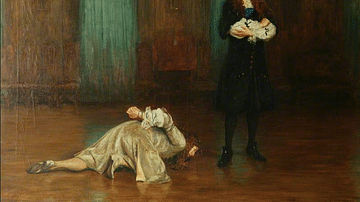
Definition
Monmouth Rebellion
The Monmouth Rebellion of June-July 1685 involved James Scott, Duke of Monmouth (1649-1685), illegitimate son of Charles II of England (r. 1660-1685), attempting to take the throne of his uncle James II of England (r. 1685-1688). Monmouth's...